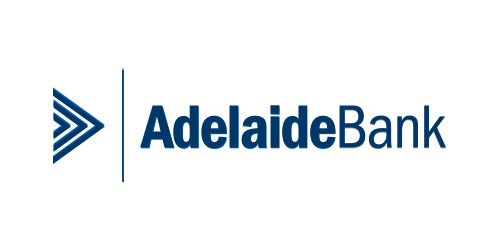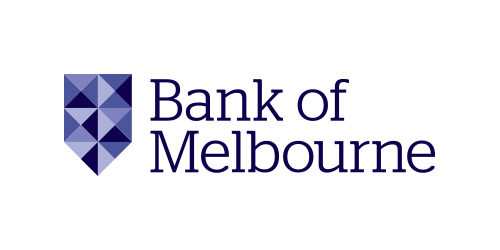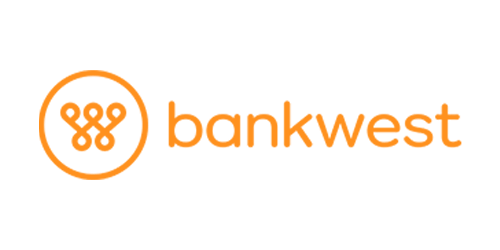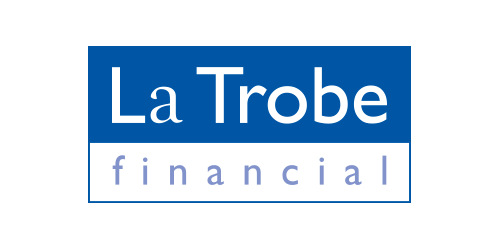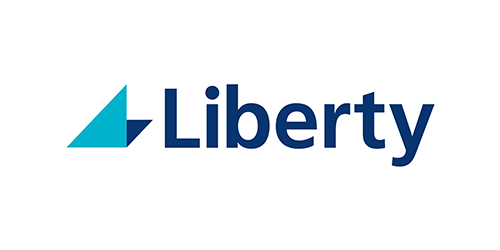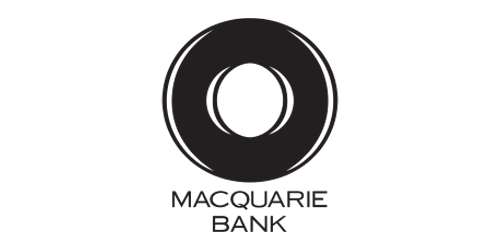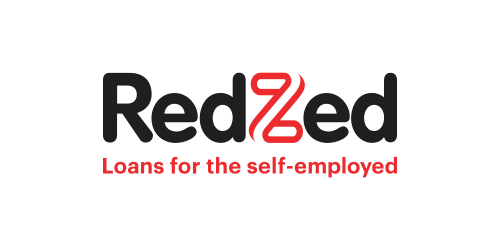Investment Property Mortgage Brokers Sydney
If you have been looking to grow your wealth, investment property can be a rewarding asset.
If you’re looking for favourable options on lending terms, working with a mortgage broker is an excellent avenue to pursue, ultimately setting you up with the right lender and timeline.

Lendstreet’s expert investment property mortgage brokers
Becoming a property investor is an ambitious endeavour that can be challenging, even if you’re a long-term home buyer. A mortgage broker can help you speed things up and mitigate risks with technical know-how, simplifying the property investment process with tailored and fiduciary recommendations. Brokers are by design, working in your best interest, both financially and contractually, to find you the best terms.
How mortgage brokers help property investors
An investment loan is another term for a loan that is used to finance a property purchase. This type of real estate financing differs from a regular mortgage loan because it’s used to purchase income-producing property with investment strategies such as fixing and flipping, buying and holding or developing. The rewards can be financially lucrative.
Brokers help investors by matching them with the best-fitting lender and investment home loan product for their financial situation. This endeavour involves heavy financial insights before a property can even be considered, and together with the professional support of a mortgage broker, you can invest with the informed confidence you need to get a good deal. Avenues to consider include using current equity, calculating projected ROI, using Self-Managed Super Funds (SMSF) and more. Your broker can provide insights into the following criteria for determining good investment property.
Suburbs with High Capital Growth
Location is key, and where you buy will help you determine how much you can make back in the short and long term.
Average rent
How much do the people next door pay monthly? Average rent is a clear factor in understanding the value of the location and, in turn, your potential investment property.
Additional costs
Understanding your bottom line after taxes, mortgage payments, maintenance, insurance, and more is part of any half-decent financial plan. Factoring in these costs early helps you better determine if the investment is profitable and when you will begin to see the reward.
Why should you work with a mortgage broker for investment property loans?
If you’re just getting started with property investing or want to diversify your portfolio, here are a few reasons why you should work with a mortgage broker.
- Receive full access to insider knowledge of the local property markets.
- Save time that can be spent diversifying your options.
- Better understand lender thinking and language that works in your best interest.
- Establish relationships for future investment properties.
Get in touch with Lendstreet
Working with Lendstreet gives you access to tailored investment lending options from our network of over 60 lenders. We are jargon-free and straightforward and will answer all your questions. Our insider knowledge and finance planner tools help you move towards approval quickly. Contact us today to learn more and get one step closer to the ideal loan product for your next investment property.
Frequently Asked Questions
What are the best practices for getting approved?
Besides getting favourable terms in the criteria listed above and speaking with one of our skilled and personalised brokers, there are a few best practices for finding the right loan.
- Learn how to calculate home loan interest rates.
- Utilise a loan calculator for potential property financials.
- Read about negative gearing and how it can minimise risks.
What is an investment loan, and how do I get one?
An investment loan is a type of real estate financing you can use to finance a property you intend to generate income from. It differs from a regular mortgage, used to purchase a property not being used as an investment. To get started applying for an investment loan, consider your financial situation, liabilities, and credit score. Research various lenders and compare interest rates before making a decision.
How is an investment loan different from a regular mortgage?
An investment loan is specifically designed to finance the purchase of an income-producing property. Investment loans are geared towards investment strategies such as fixing and flipping, buying and holding, or developing. Investment loans consider rental yields, capital growth, and forced equity developments. Investment loans, with the right lender, can be immensely profitable.
How much mortgage equity do you need to secure a property investment?
Equity is the difference between what the market says your home is worth and how much you still owe on the home to a lender. If your home in Sydney is worth $400,000, and you still owe $250,000, your equity is $150,000.
As a rule of thumb, plan for about 80% of your home’s value to be secured in property investment.
Am I eligible for an investment loan?
If you’re unsure about your eligibility for an investment property loan, consider the following criteria:
- Your regular income or monetary value
- Any liabilities, such as existing loans or credit cards
- How many dependants you have
These are the main factors a lender will consider when assessing your eligibility. Lenders will allow you to borrow a percentage of the property’s value. How much a lender will lend you depends on the loan-to-value ratio. You must also be able to cover a deposit for the property. To find out your loan-to-value ratio and for more details on property investment loans, contact our experienced investment property mortgage brokers today.
What is my loan-to-value ratio?
A loan-to-value ratio (LVR) is the size of your loan compared to the value of the property you want to acquire. A loan-to-value ratio is expressed as a percentage calculated from the ratio of your loan amount to the property’s value. It’s also known as a borrowing capacity. For example, let’s say you apply for a $250,000 loan on a $300,000 home loan to invest in. Your LVR (loan-to-value ratio) will be 83%.
Can I use existing equity to buy an investment property?
Yes, you can use mortgage equity to help you secure an investment property. Equity is the difference between what the market says your home is worth and how much you still owe on the home to a lender. To calculate your equity, subtract how much you owe to a lender from the market value of your home. If your home in Sydney is worth $400,000, and you still owe $250,000, your equity is $150,000. It’s best to plan for about 80% of your home’s value to be secured when investing in property.
What is negative gearing?
Negative gearing occurs when the costs of owning an investment property exceed the rental income. It is a tax strategy that can increase tax deductions and reduce tax liability. Negative gearing can make property investment less risky and increase profits.
Why should you work with a mortgage broker for investment property loans?
If you’re just getting started with property investing or want to diversify your portfolio, here are a few reasons why you should work with a mortgage broker.
- Receive full access to insider knowledge of the local property markets.
- Save time that can be spent diversifying your options.
- Better understand lender thinking and language that works in your best interest.
- Establish relationships for future investment properties.
Thousands of home loans from our lending partners
